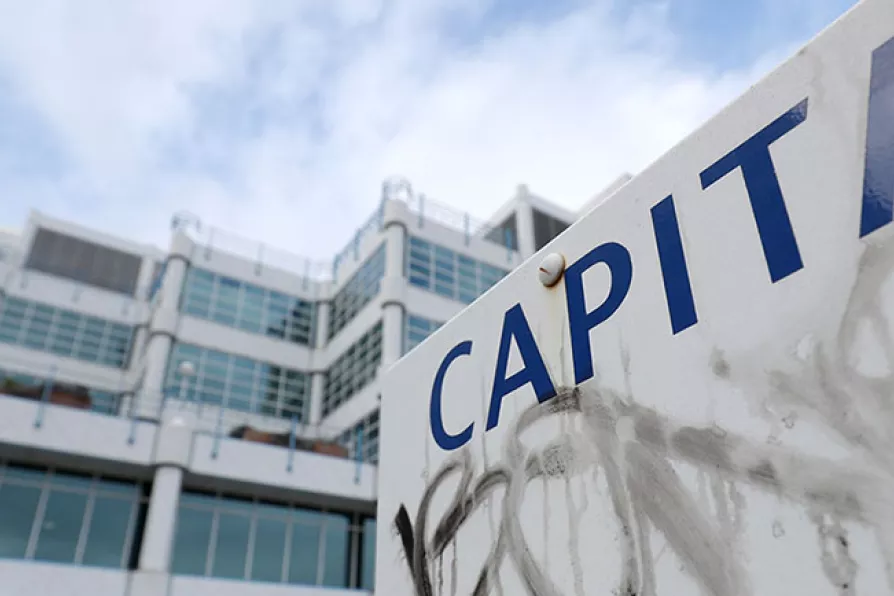Labour’s persistent failure to address its electorate’s salient concerns is behind the protest vote, asserts DIANE ABBOTT
Letting Capita off the hook
Why have the BBC and Guardian’s reporting on the scandal of Greater Manchester Police computer system failings been so reluctant to name the company responsible, asks SOLOMON HUGHES


GREATER Manchester Police is in crisis, with tens of thousands of crimes unrecorded and improperly investigated.
Capita, an outsourcing giant with a top Tory on the board, has helped to create the crisis, but the national media is downplaying its involvement.
Last December HM Inspectorate of Constabulary (HMIC) said Greater Manchester Police (GMP) had failed to even record 80,000 crimes in a 12-month period.
Similar stories















